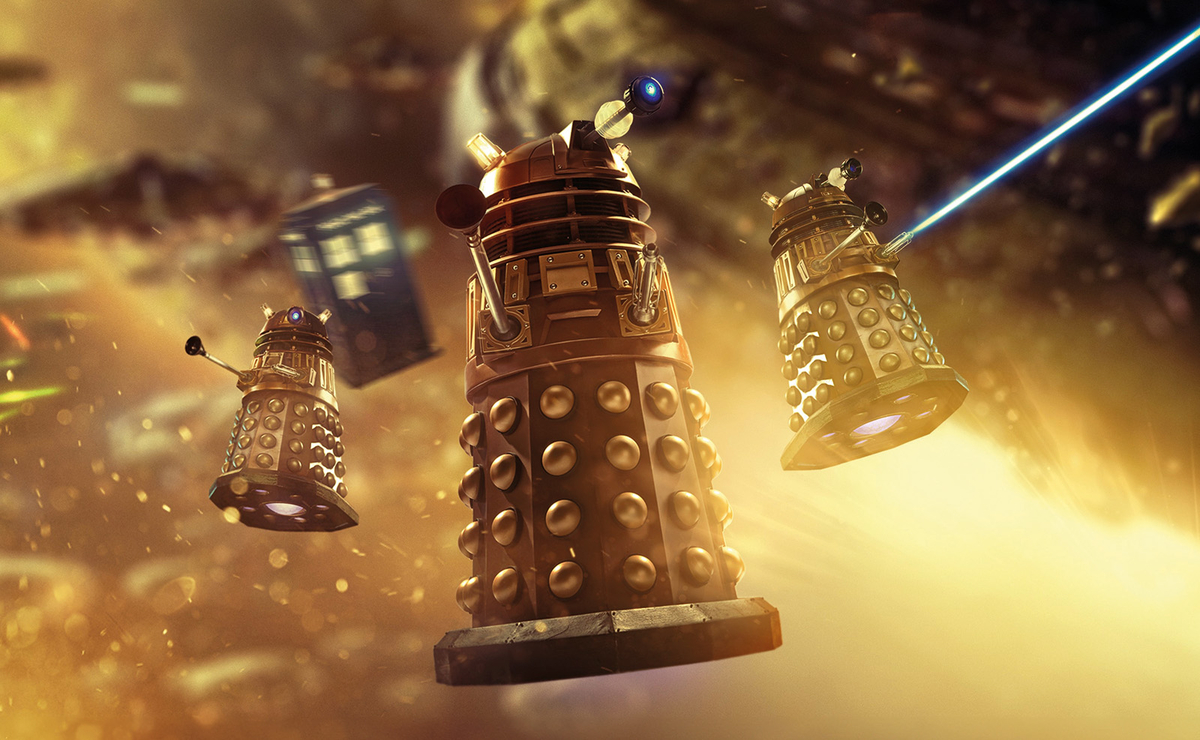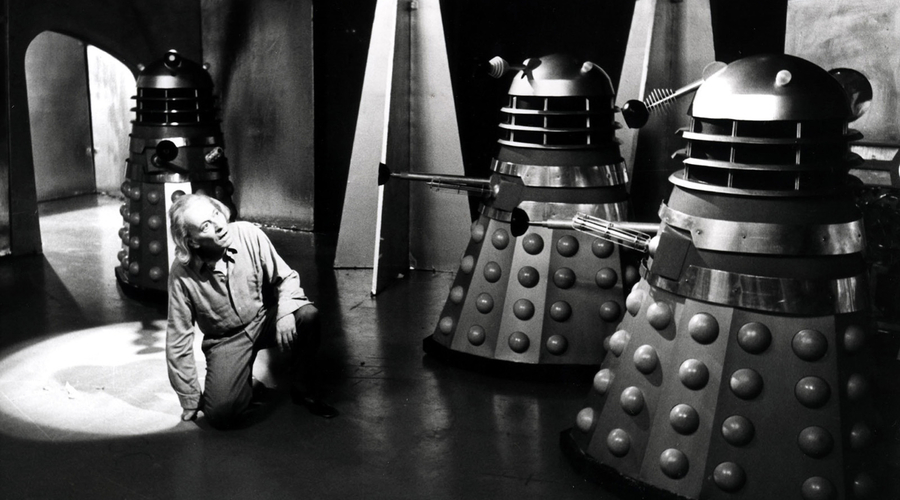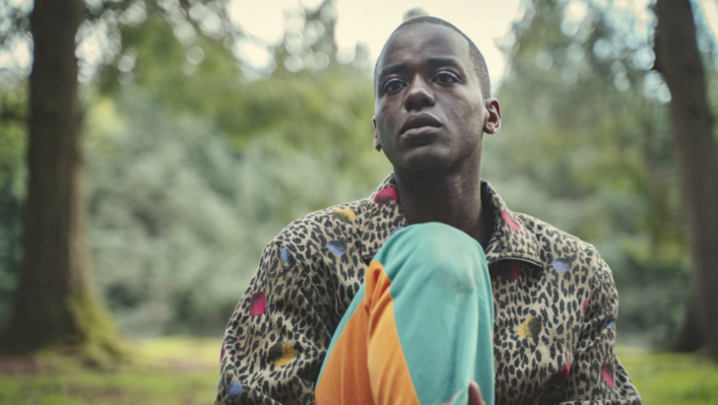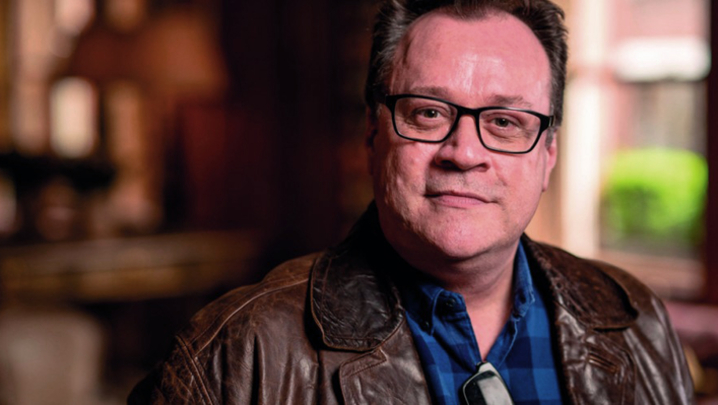Matthew Bell celebrates the 60-year reign of the last of the Time Lords
Sixty years ago this November, a day after the assassination of John F Kennedy, William Hartnell stepped out of the Tardis and into the Stone Age in the very first Doctor Who story, An Unearthly Child.
Ratings were disappointing for a Saturday tea-time slot; the BBC’s new sci-fi show attracted an average audience of 6 million over its four-part run. Reviews were mixed, too: “There was little to thrill [and the] wigs and furry pelts and clubs were all ludicrous,” sniffed The Guardian.
Thank heavens for the Daleks, the Doctor’s most-feared adversaries, who made their appearance – the first of 100-plus – in the next story, The Dead Planet. Writer Terry Nation based the mobile mutants on the Nazis, conceiving them as an authoritarian species dedicated to imposing racial purity, although this subtlety may have been lost on the many children hiding behind the sofa whenever the Daleks trundled on to the screen threatening to exterminate all and sundry.
Over the course of a seven-part story, audiences grew, topping 10 million for the finale. Sydney Newman, then BBC Head of Drama, noted ruefully: “I didn’t want any bug-eyed monsters and the Dalek is what made Doctor Who.”

Doctors regenerated – Patrick Troughton, Jon Pertwee and Tom Baker – and new companions, most notably the fondly remembered Sarah-Jane Smith (Elisabeth Sladen), accompanied them through space and time.
For British kids, Doctor Who became a TV rite of passage. Everyone has their own Doctor, sometimes more than one – mine were suave action man Pertwee and Baker, known for his long scarf and penchant for jelly babies, and a perennial choice among fans as the best Doctor.
If you have children, you get to live it all over again. I was lucky enough to be invited to the launch of the BBC’s reboot of the show, where the ever-kind Russell T Davies, towering over my tiny daughter, patiently answered her question about how to become a writer. But, like the Doctor, I have jumped forward in time.
Tom Baker travelled the galaxy during peak Who; his span of seven series the longest of all the Time Lords.
Then, the show gradually lost its way. The new Doctor, the youthful Peter Davison, who also remains a fan favourite, left, citing poor writing.
His successor, Colin Baker, who brought a darker hue to the role, was fired and then, with Sylvester McCoy installed as his replacement, Doctor Who was scheduled against Coronation Street on a Monday night. You’d almost think someone at the BBC hated it. And they did. Years later, then-BBC One Controller Michael Grade derided it as “horrible, awful… a little show for a few pointy-head Doctor Who fans”.
The show limped on and actually lasted longer than Grade, who had jumped ship to Channel 4 by the time the BBC rested Doctor Who in 1989. And that was that until long-term fan Russell T Davies came to the rescue in 2005.
With Christopher Eccleston as the Doctor and Billie Piper as Rose, his companion, and superlative writing, the show underwent a resurrection rather than the usual regeneration. David Tennant, Matt Smith and Peter Capaldi followed, with Doctor Who scripter Steven Moffat taking over from Davies as showrunner. It was a golden era for the show.
Jodie Whittaker became the first female Doctor and Broadchurch writer Chris Chibnall replaced Moffat. Whittaker was good, the writing and plotting less so. Fortunately, as the series closes in on 900 episodes, Davies is back pulling the levers. As is Tennant’s Doctor, with Catherine Tate as his companion, Donna, in three special episodes marking Doctor Who’s 60th anniversary in November. Sex Education’s Ncuti Gatwa becomes the 15th Doctor at Christmas.
And, apparently, there will be Daleks. All together, now: EX-TER-MIN-ATE!
Doctor Who, post-2005, is on BBC iPlayer. BritBox has earlier episodes.







